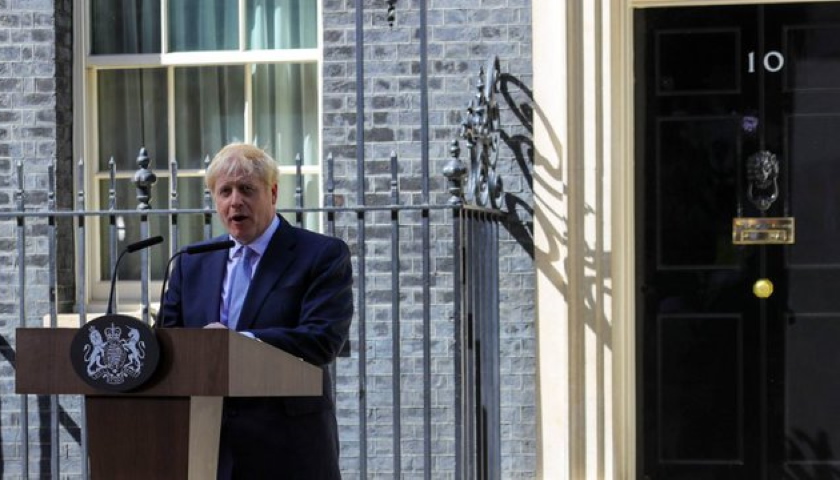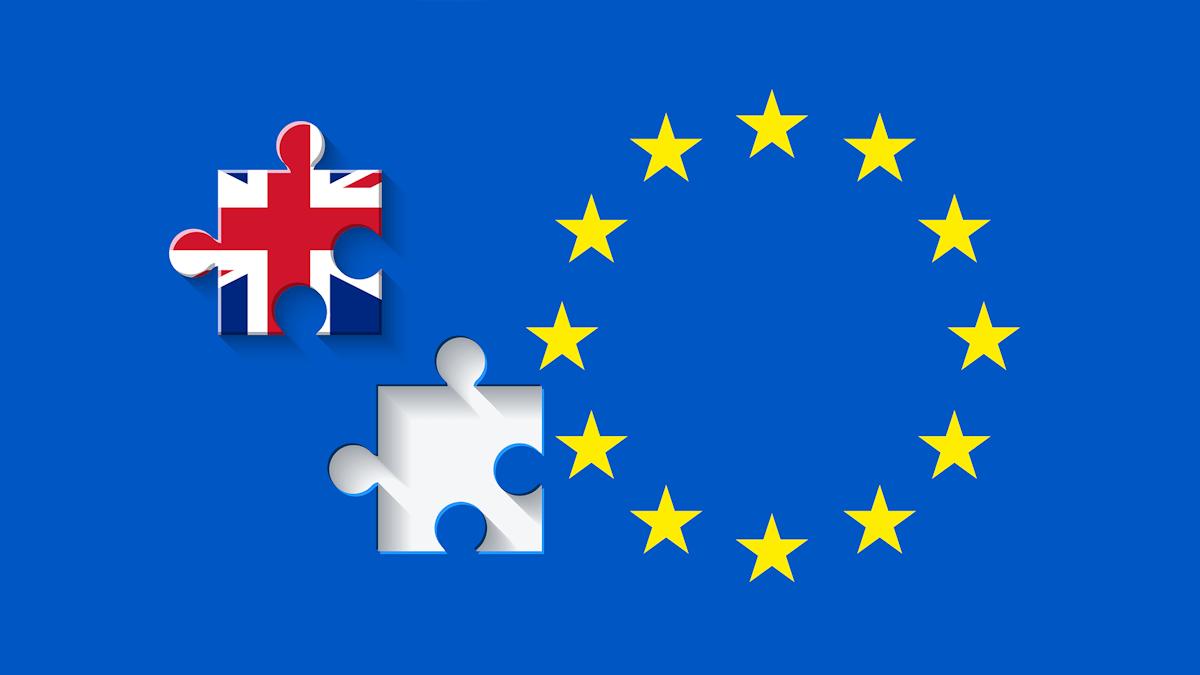Science sector lauds UK’s visa scheme, but repeats no-deal Brexit warning

Boris Johnson has ordered a new fast-track visa scheme to make it easier for top scientists to work in the UK, amid reports that Brexit is already discouraging researchers from coming to the country.
The prime minister says he will ask the Home Office and the Department for Business, Energy and Industrial Strategy to develop the new system, whilst also scrapping the current cap on so-called “tier one” visas for skilled migrants – currently set at 2,000 per year.
“To ensure we continue to lead the way in the advancement of knowledge, we have to not only support the talent that we already have here, but also ensure our immigration system attracts the very best minds from around the world,” said Johnson.
The fast-track immigration route will be designed to “attract elite researchers and specialists in science, engineering and technology, from maths Olympiads at the very start of their careers to the winners of internationally recognised prizes and fellowships,” according to Downing Street.
The move was widely welcomed by science groups, including the Royal Society which said it looked forward to discussing the detail of the new system.
“The Royal Society has long called for reform of the UK’s costly and complex visa system which acts as a barrier to attracting the best international talent,” it said. However, like the majority of commentators on the plans it warned that it would count for little in the event of a no-deal Brexit, which would be the “worst option” for UK science.
“The fact remains, half of international academic talent in UK universities comes from the European Union and the EU is our single largest research collaborator,” it added.
Along with abolishing the tier one cap, the plans also involve expanding the pool of UK research institutes and universities able to endorse candidates, setting up criteria that would allow automatic endorsement, and removing the need to have an offer of employment before arriving into the country.
Johnson also reiterated the government’s plan to provide additional funding for scientists who had sought EU financial support after the UK leaves the EU, and would instruct UK Research and Innovation (UKRI) to review Horizon 2020 applications stuck in the approval process and provide funding for those that are successful.
That has also been welcomed in many quarters, but eminent UCL neuroscientist Prof John Hardy is sceptical, saying: “the strategy of promising more help to every sector of the economy which will be damaged is simply not credible.”
He cautioned that “a no-deal Brexit is already reducing Britain from a world science superpower to an also ran in Europe. More money always helps but science is about collaboration across borders and even the threat of a hard Brexit is seriously damaging to our national interests.”
There has for example already been a reduction in the number of clinical trials conducted in the UK since the Brexit vote, according to a Fitch analysis, prompting calls from the biopharma industry for the government to take steps to keep investment and skills in clinical research in the UK.
And with Brexit looming, a recent Migration Advisory Committee (MAC) report recommended in May that various life science professions be added to a list of occupations with staffing difficulties, and also that steps be taken to encourage migrants in these areas from outside Europe.
The news comes as the UK economy’s output fell by 0.2% between April and June, its worst performance since 2012.













